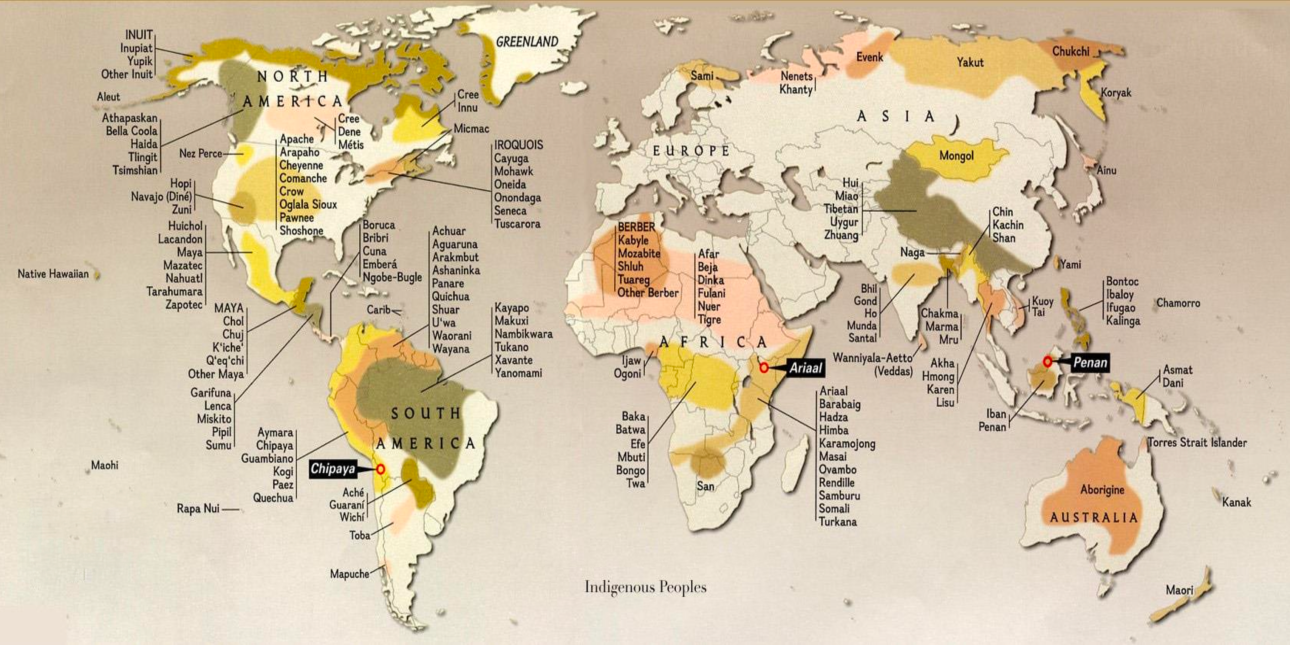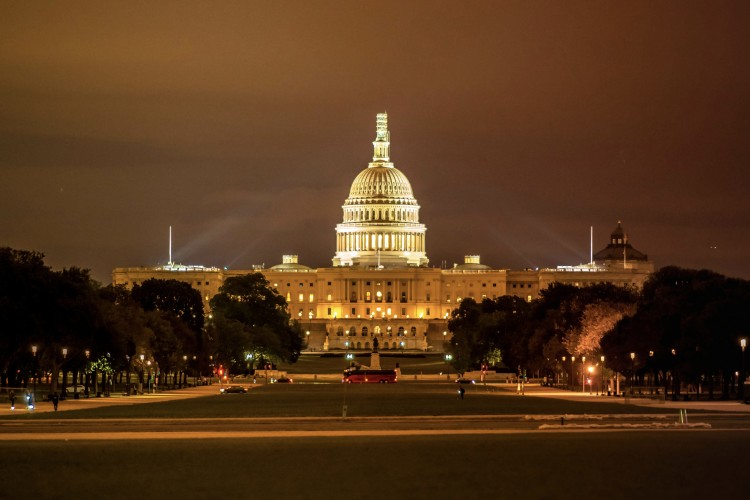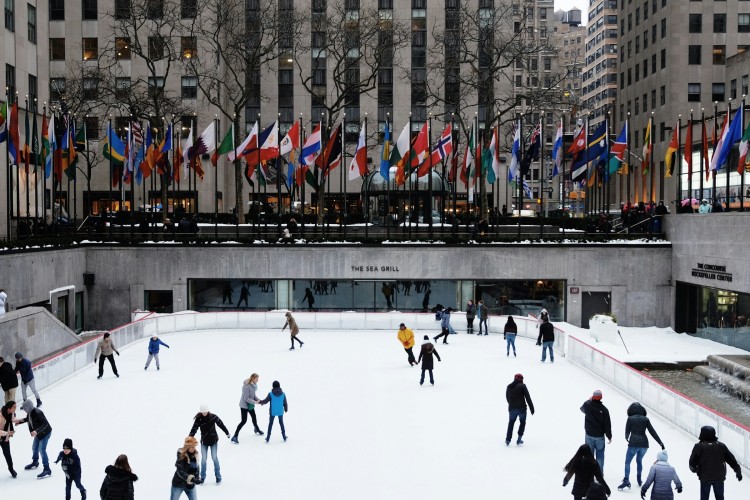Indigenizing Suicide Prevention: The Power of (Re)connection

Insights
September marks National Suicide Prevention Week, a powerful time dedicated to remind us of the importance of connection. Organizations, advocates, and those directly impacted by suicide are working together to create infrastructures that comprehensively address causations of the preventable death of young people.
Suicide is the second leading cause of death among individuals ages 10-44, with disproportionately higher rates of suicide among Black, Indigenous, and Asian youth. Risk factors include higher rates of unemployment and financial and food insecurity, disparities in other aspects of health, limited access to care, family, academic, and financial stress.
Thus, the data points to suicide being a systemic issue that often coincides with racial and compounded trauma. When examined under a decolonial lens, suicide is a byproduct of separation across generations, and consequently, disconnection from one another, the land, and ourselves.
Separation dates back to the (ongoing) displacement of Black and Indigenous peoples across the globe. Removing them from their native lands, customs, and cultures, only to be subjugated to redlining, gentricide, economic racism, family and child policing, sanitization policy, and imperialism - among the many other perpetuations of systemic segregation.
Today, separation drives digital industries as they manufacture strategies to influence our behavior patterns, dissolving face-to-face interaction (i.e., connection). Notably, we all lived under immense separation during the Covid-19 pandemic when, by no coincidence, the hyper-dependence on technology was greater than ever before.
Our solution? Using decade-old diversions to try to fix century-old problems.
This is no longer sufficient. In a rampantly more disconnected society, we must draw from the answers that predate colonialism. We must Indigenize suicide prevention.
Intention
Before diving into this discourse, I invite you, the reader, to sit in a generative space. Take a breath or Ha, a core tenet of Aloha. As an Indigenous woman with diasporic lineages in Hawai'i, Mexico, and Turtle Island pre-conquest, Aloha resonates as an inherent root of my being. It derives from the Oceanic peoples, most commonly, Hawaiians, and is described by Hawaiian statute §5-7.5 as a "...mutual regard and affection and extends warmth in caring with no obligation in return. "Aloha" is the essence of relationships in which each person is important to every other person for collective existence. ''Aloha'' means to hear what is not said, to see what cannot be seen and to know the unknowable."
Aloha and my ancestors is what inspires me to engage in acts of radical communal liberation such as writing this blog post. For us as a collective, Aloha gives us a choice to reckon with colonialism. Specifically, it allows us to learn from the generations of Indigenous communities who knew and know how to live in right relationship with all tangible and intangible. From following ancient law and protocol, gathering in joyous communion, to stewarding the land with care, offering, prayer, and song, our Indigenous communities are masters of connection. Colloquially, we are experts on how to prevent the mental health crisis we live in today.
So let us choose to listen. Choose to learn. Choose to liberate. Choose to come back home to ourselves.
Teachings
Below is just a micro-snippet of the many teachings I learned when reconnecting with my Hawaiian and Cree sisters and brothers on Hawai'i Island who gave me permission to share and reciprocate with the utmost gratitude. While ordered, the process is not linear, exact, or similar across all clans, tribes, and nations. Nor is it the last word on suicide prevention. It is just a piece of the larger web of (re)connection on a continuum.
"The emphasis is not on the process, rather, the relationship with the process. We simply gather the seeds that resonate, and plant their lessons."
- Lōkahi ~ living in harmony with the world around us, for everything in the universe interconnected.
- Ho'oponopono (varying interpretations) ~ an ancient healing system grounded in making things right with the ancestors, or to make right with the people with whom you have relationships with.
- Connection to the ʻāina (land) ~ serve, steward, love, and protect the ʻāina for she serves as the foundation of all.
- Importance of bloodline ~ (re)connect with your lineage physically and spiritually. They are your teachers who weaved wisdom into our physical, mental, and spiritual tapestry.
- Hula hālau ~ an organized group of ohana (family) to teach, train, and guide kanaka (natives) through their journey.
- Silence ~ Declutter the colonial mind so you can make room for what's already within you.
- And do it all intentionally, knowing it was rightfully yours the entire time.
These Native Hawaiian teachings offer a generous* guide towards reconnection, echoing the wisdom found in Indigenous communities worldwide. Integrating these approaches requires the amplification of all global Indigenous communities and simultaneously, the willingness of colonizing communities to embrace continuous learning and humility. Ultimately, Indigenizing our response to suicide prevention transcends strategy-it's a pathway to rediscovering our inherent interconnectedness, nurturing a future rich with deeper connections, reconciliation, and shared purpose for our past, previous, and future generations.
Want to learn more? Check out these reads:
- Centering Indigenous Knowledge in Suicide Prevention: A Critical Scoping Review
- Still Ringing the Alarm: An Enduring Call to Action for Black Youth Suicide Prevention
- Suicide Prevention in Indigenous Communities
*Note: Native Hawaiian/Oceanic peoples, with homage to our African, Caribbean, Native/Aboriginal, Latin, and Asian sisters and brothers, endured violent acts of criminalization, genocide, enslavement, and cultural erasure that contributed to the previous illegalization of these teachings. Extending this wisdom is of great generosity and generational resilience that is to be received with reverence and gratitude.
Maria (she/her) is honored to find purpose as a decolonial visionary and relational learner. Her ancestors, Indigeneity, extensive policy background, and Masters in Public Administration fuel her passions towards the liberation of systems-impacted communities and individuals. You will discover Maria embodies a "lift as you climb" ethos, prioritizing aloha, generational healing, and equity justice as tenets of her leadership approach. Interested in consulting with Maria? She welcomes connection via email maria@youthcollaboratory.org or LinkedIn.


